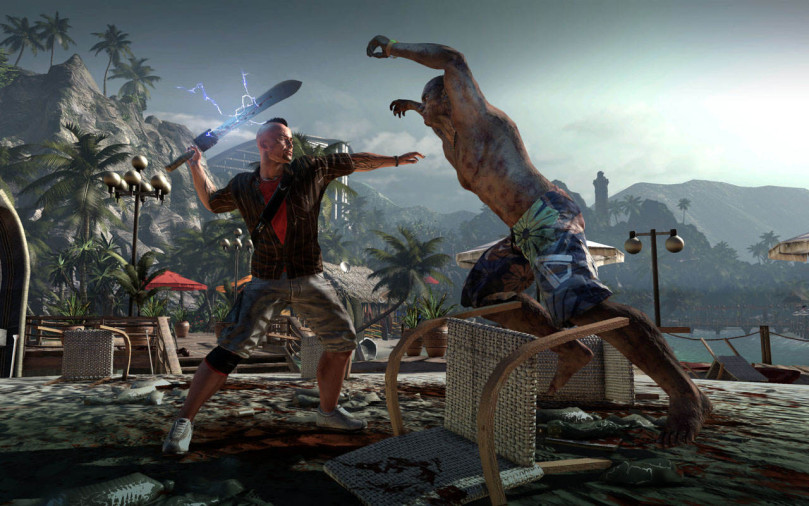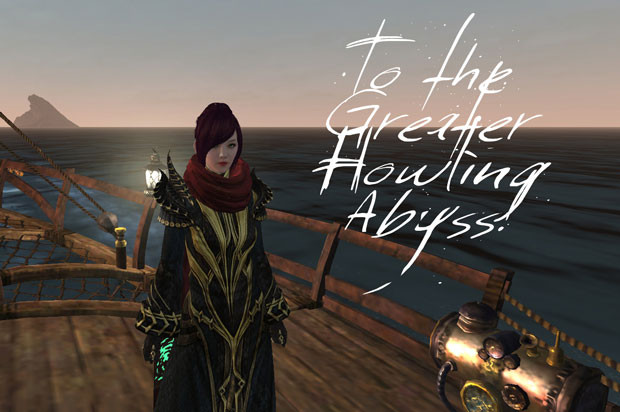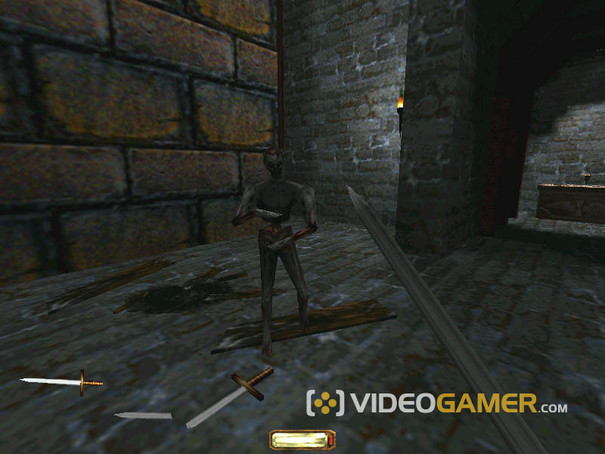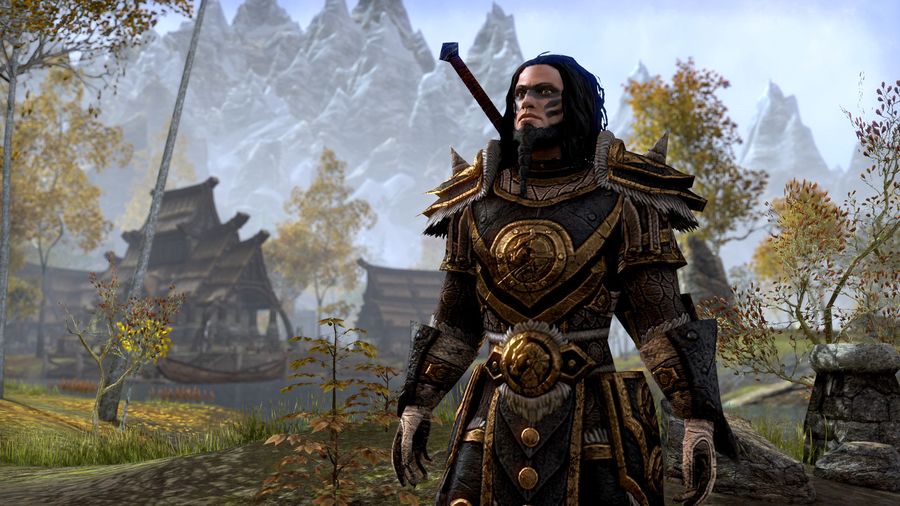

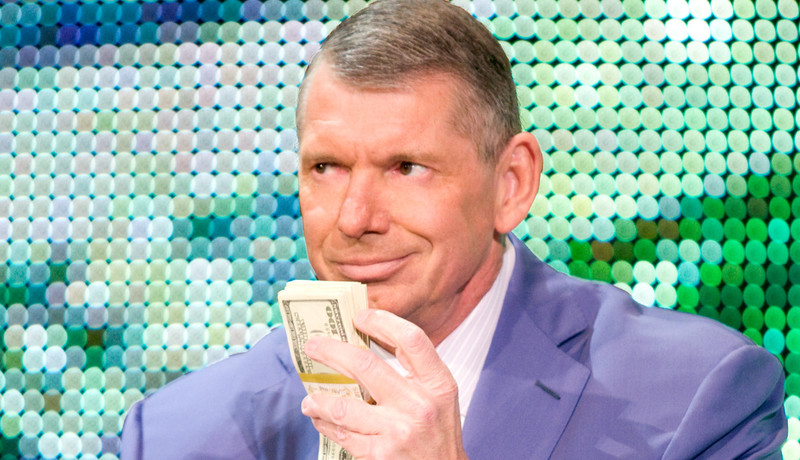
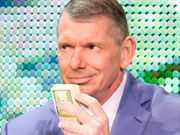
If you've been keeping up with WWE ratings trends as of late, you'll know they're not in a particularly good shape. Lower than they have been in almost 20 years, it's set the pro-wrestling world on red alert as everyone tries to figure out what the problem is.
A large portion of this blame is put on the shoulders of RAW – the WWE's flagship show – going to three hours. During the height of the 'Attitude Era' – often regarded as the hottest period in the company's history – RAW would run for a mere 120 minutes, providing an edgy, fast-paced programme that often rocketed by so quickly it was hard to believe.
It wasn't all gold, of course, even though a small group of people would claim otherwise – it was insinuated one week that a man had his penis chopped off – but it was consistently entertaining and, more importantly, interesting. Today's marathon can feel like an aimless slog. Ensuring there's this intrigue to the product is necessary because it negates the idea of tuning in just to see the company's top stars, a commodity that is sorely lacking in 2015.
Take The Rock, for example. Back in his prime he was a must-see attraction, but not predominantly because his current storyline was exceptionally riveting. He certainly had such moments, but the Hollywood superstar encouraged people to tune in because of his character. His promos, for instance, were essential; you never quite knew what he was going to say. This ran true even when he was dealt a bad hand, being forced to feud with the moronic 'Bad Ass' Billy Gunn in a match where the loser would kiss someone's ass, for one. Plug anyone else into such a back and forth and it's highly unlikely anyone is going to care.
Further down the card, however, wrestlers who weren't responsible for selling out arenas were still given plot threads that the viewer could easily buy into. This isn't exclusive to the WWE either – it's been a formula pro-wrestling as a whole has lived and died on for years. The point is it works.
Take the aforementioned 'penis cutting' as a foundation. The man in question was Val Venis. His gimmick (or character) was that he was a former porn star. Those trying to give him an extreme circumcision were a Japanese gang known as Kaientai, mad at the adult film maker because he was dating one of the group's sisters. It was as preposterous in real-life as it is to read, but WWE (WWF at the time) mapped out a narrative for Venis, stuck with it and made the audience care, even if only in jest. And it must have worked, because here I am years later writing about it.
In today's landscape, these moments are few and far between. The main event players will be injected into feuds with ongoing story elements while everyone else almost exists for the sake of existing. They fight because if you tune into pro-wrestling, you expect to see people duking it out. There's no depth to who they are or what they represent. These individuals simply turn up, put on, more often than not, a good match before moving on to the following week's worth of TV.
How am I supposed to care for those not in the main event if I'm given nothing to care about? A strong criticism of today's roster is its lack of star power, and this isn't going to be rectified unless there's an emotional connection between the fans and the person in the ring. John Cena got to where he is today because at one stage the audience was invested in everything he did (and they still are now, just in a completely different fashion). Of course there's other elements that came into play where Mr Hustle Loyalty And Respect is concerned, namely that WWE wanted him to become the face of the organisation. Like any job you need some help along the way, and this is also the reason the likes of Dolph Ziggler – who undoubtedly had such a connection at one stage in his career – didn't follow suit.
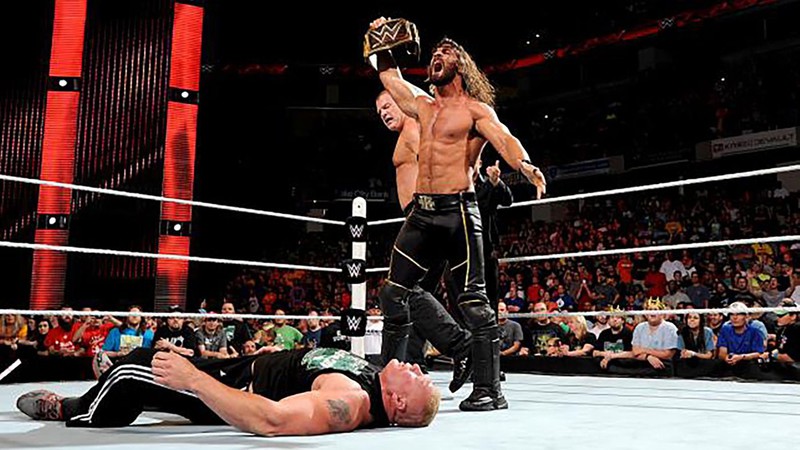
Obviously the issue currently facing Vince McMahon and his band of merry warriors isn't one-dimensional. Another area that has often confused comes in the form of an impatience to hold off building these much needed stars. I can understand the rush. Regardless what anyone assumes, the men and women behind the curtain are, by and large, knowledgeable and creative individuals, but that doesn't stop them from making mistakes, the most glaring of these in recent memory was the break up of The Shield.
A group formed of three young and extremely talented hands (Roman Reigns, Seth Rollins and Dean Ambrose), they were the hottest new stars WWE had seen in quite a while. Well established with the crowd and accepted as babyfaces (good guys) after a fantastic initial run as heels (bad guys), the trigger was pulled when Seth Rollins turned on his friends and embarked on a solo career.
Such a break-up had to happen eventually. The major money in wrestling is always in a singles star, hence why the World Heavyweight Championship is seen as the most important prize someone can win. But when this departure took place The Shield were, arguably, more popular than they ever had been, a fact given more weight when taking into account the amount of merchandise they were selling at the tills.
Confirmed as much by former WWE wrestler Raven on Chris Jericho's podcast, it opens up the bigger question, mainly: why there was such desperation to move these three apart? Both the numbers and the feeling in the air suggested the right play was to wait in splitting them up, and yet this was ignored in favour of what could happen. Does that make any sort of business or creative sense? Not to me it doesn't.
Wind the clock forward to today as well, and the results are clearer still. Seth Rollins is without doubt one of the best wrestlers in the world, but few could say his title run was a success, or did much to elevate him to a status he deserved. The same can be said for Dean Ambrose, a man who remains a fan favourite but feels lost in the shuffle. Roman Reigns is a whole issue in itself, so much so I'll talk about it in a separate article at some point in the future.
Everything touched upon here is also directly affected by the WWE Network, a service designed to take the control out of third party hands and put power directly into Vince McMahon's. Even when he's dead. You need look no further than RAW itself for such proof, commentator JBL constantly reminding people that the Network is only $9.99 and yet some morons are still buying main events using PPV. That's a huge money earner the company is willing to ignore in favour of streaming service success and in many ways that makes a lot of sense. Why share the pie when you can eat the whole thing for yourself? But this concept has shifted WWE's overall vision, or at least what that vision is where the McMahons and one HHH is concerned.
You would imagine that in an ideal world all related programming would be exclusively featured on the Network. It allows WWE to sell direct advertising and adds a huge tick in the pro column as to why a wrestling fan needs to get it. RAW is only three hours because it makes more money for both World Wrestling Entertainment and the USA Network where it currently airs. If it's brought entirely in-house, everything from the monetary benefits to its running time lies at the feet of whoever is pulling the strings. With it still being on TV, the lay of the land is very different.
Ultimately, if WWE wants people to tune in to what it has to offer week after week – especially with the sheer amount of programming that can be accessed every seven days – then it needs to get its audience to buy-in to what it's trying to sell. Make me care about what I'm seeing, even if it's for the daftest reason on the planet. Santino Marella never did anything I would consider monumental, but I damned sure cared about what he was going to do. It's certainly better than offering me a match for the hell of it, in particular because the vast majority of RAWs serve to pass wins and losses back and forth. If two guys just keep beating each other, and fundamentally cancelling each other out, sooner or later I'll just see everyone on the same level.
There's no need to just flick a switch, change the rating (WWE is currently a PG product, meaning more or less it's aimed at children), and pretend it's 1999 all over again. But relying on classic storytelling techniques is something that'll never go out of fashion. Movies do it, and that's what the chairman of the board tells himself he's selling anyway.
Now let's all sit back, wait for John Cena's return and his next run as champ. Ah, familiarity…
